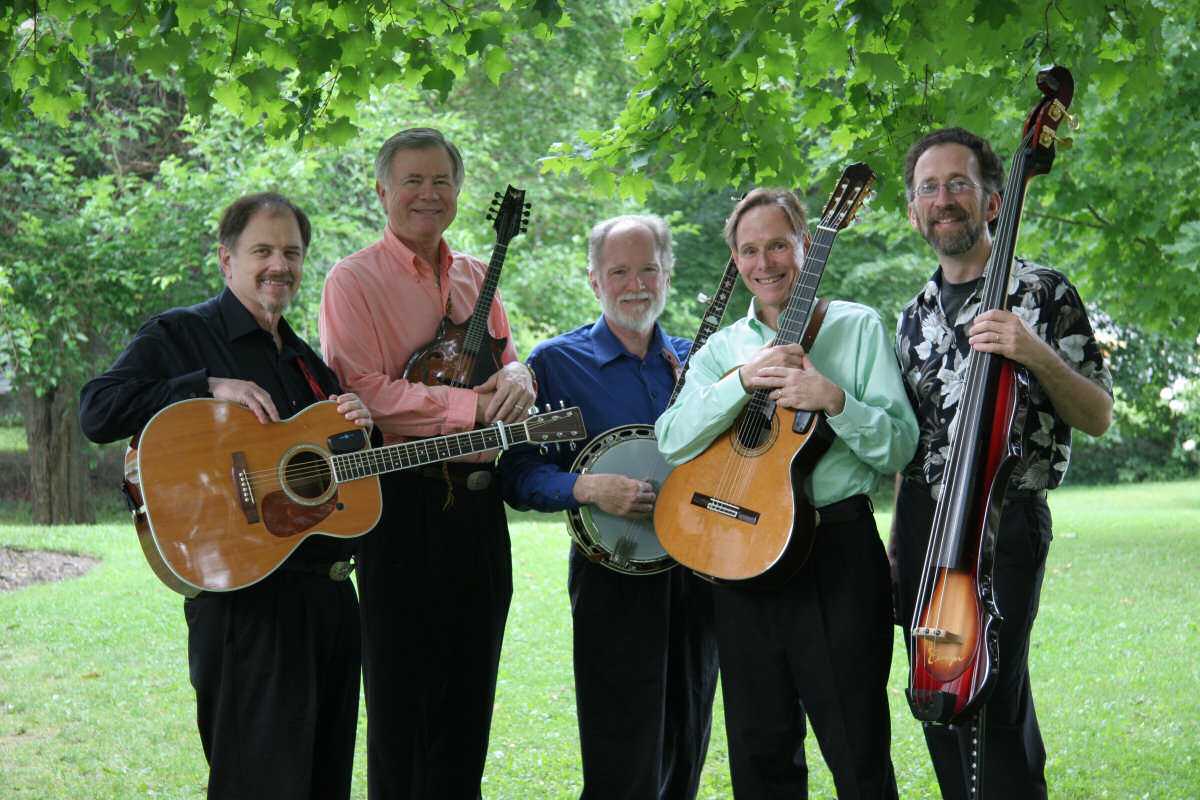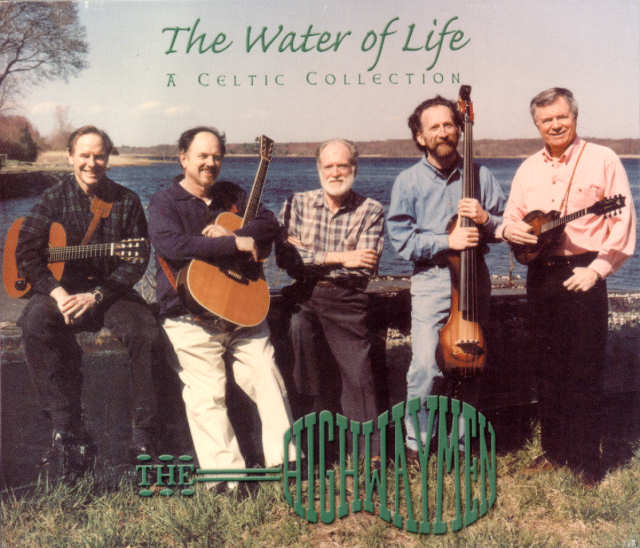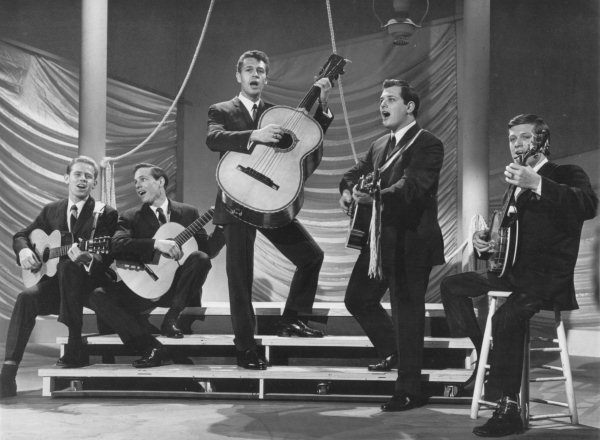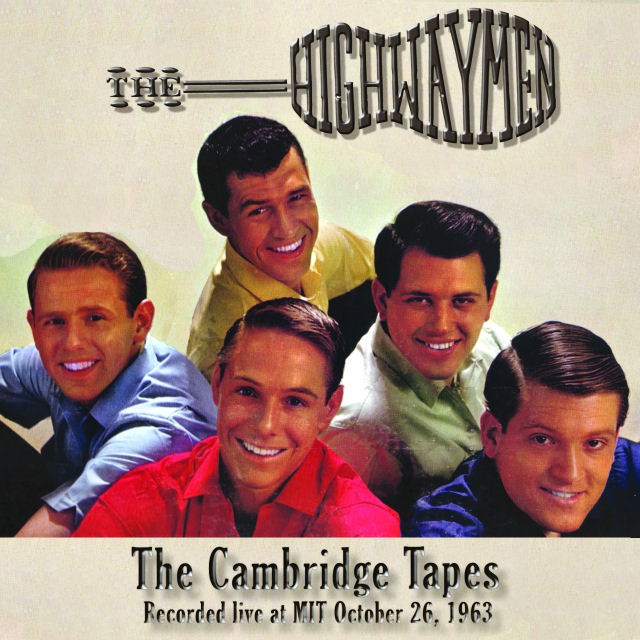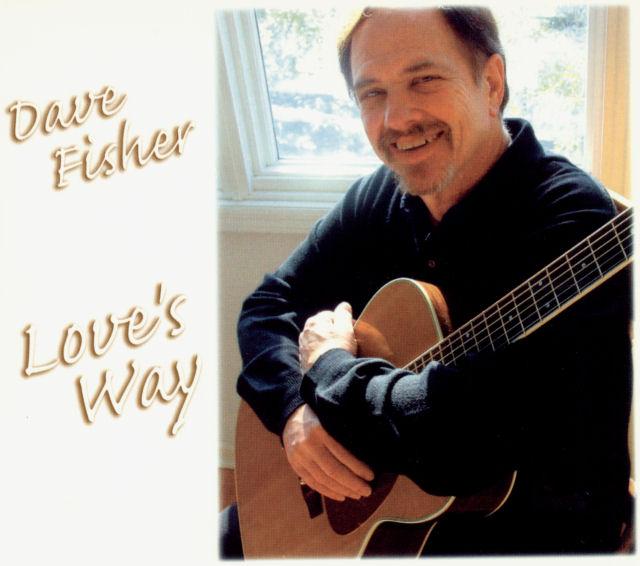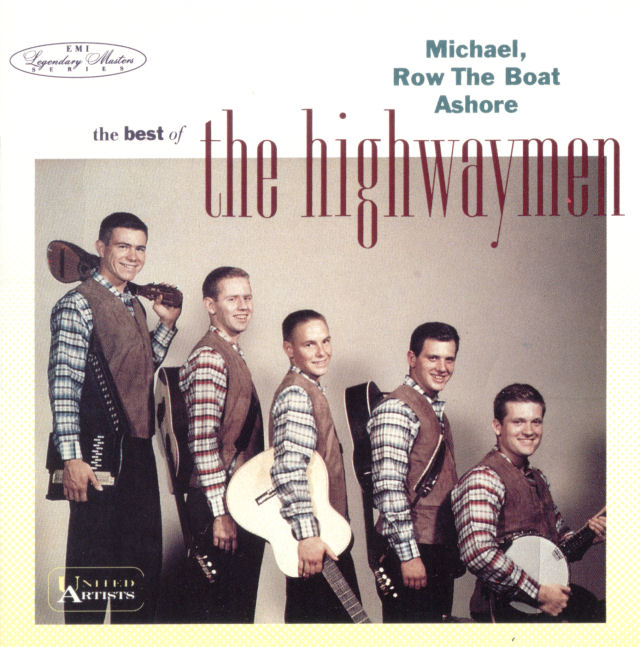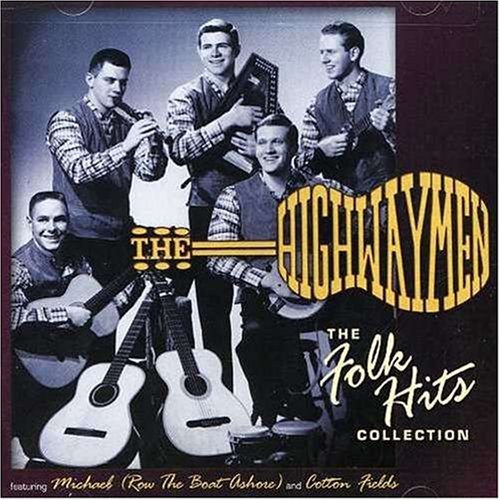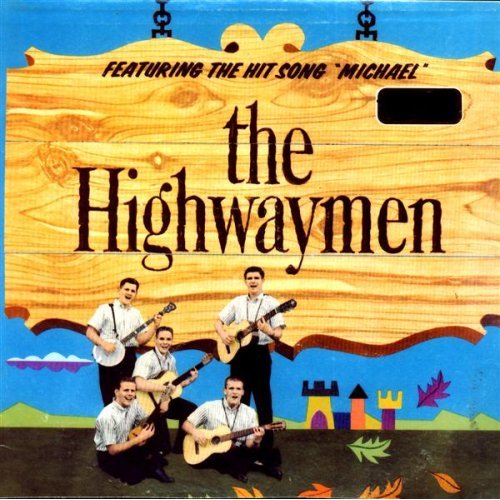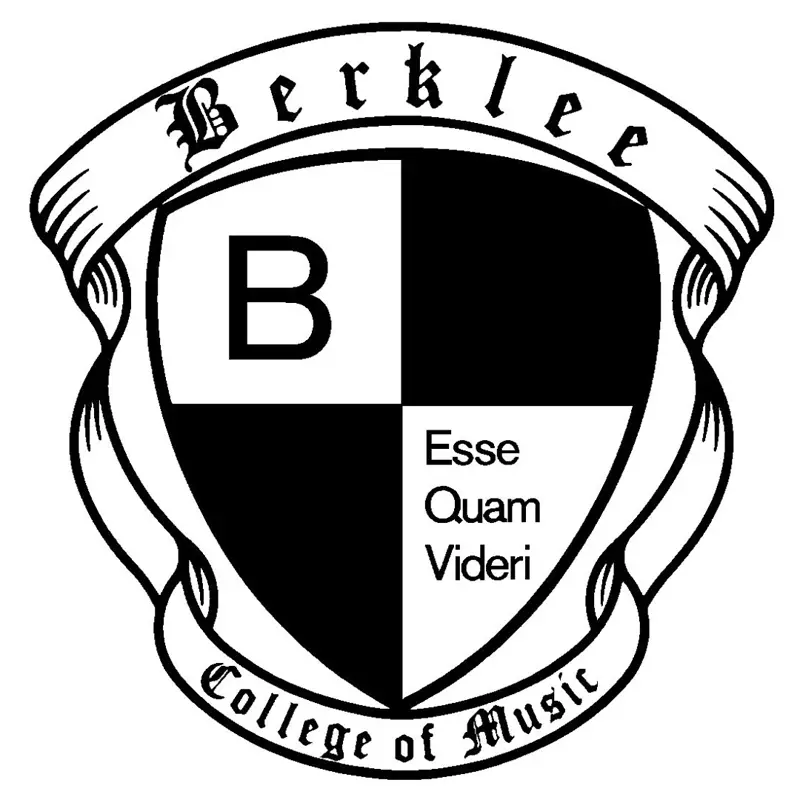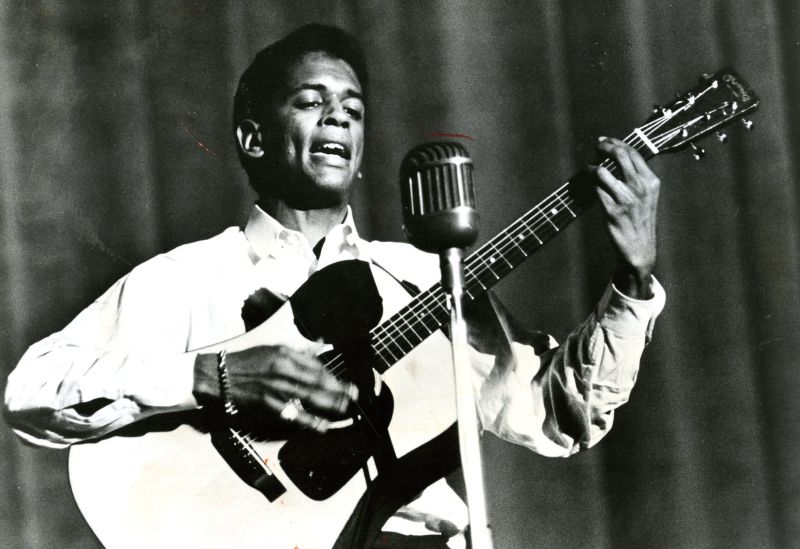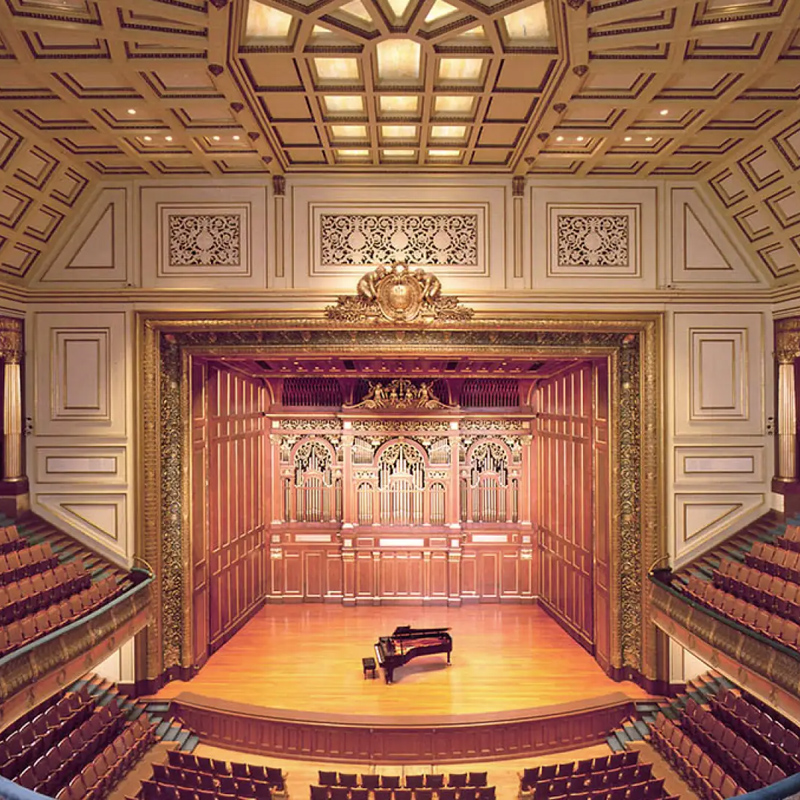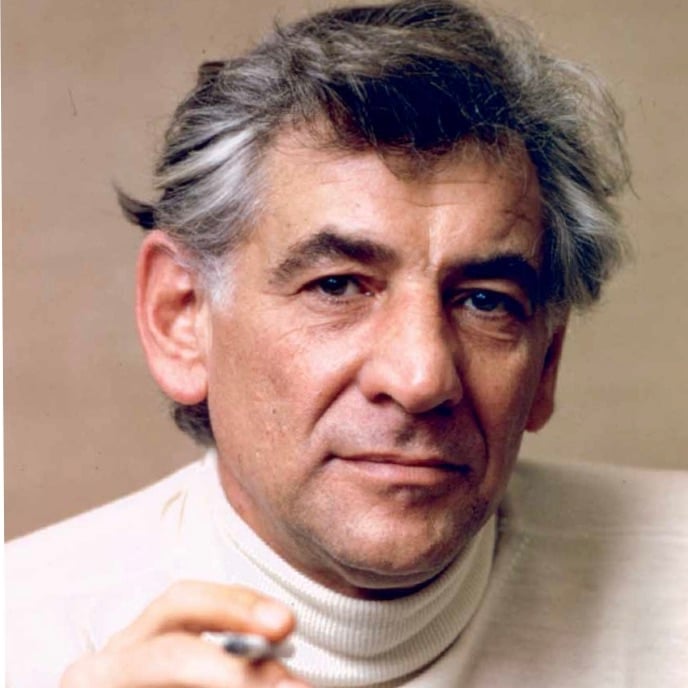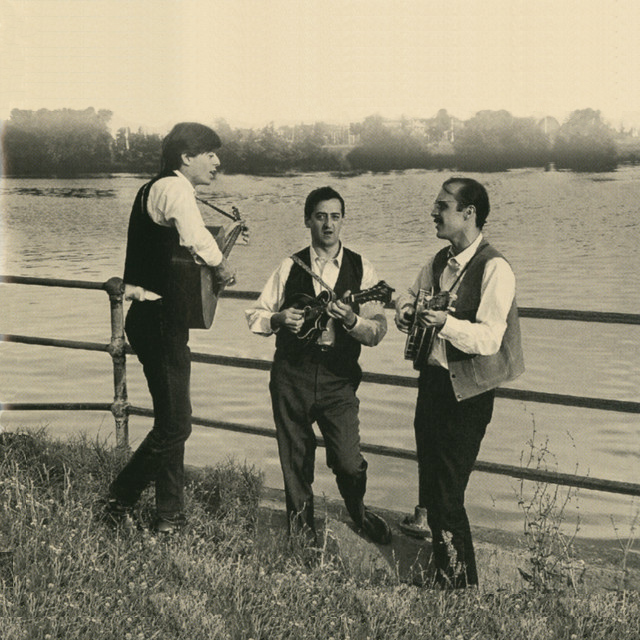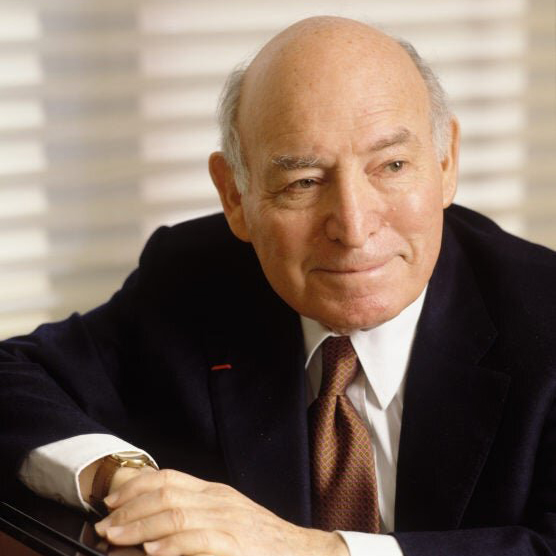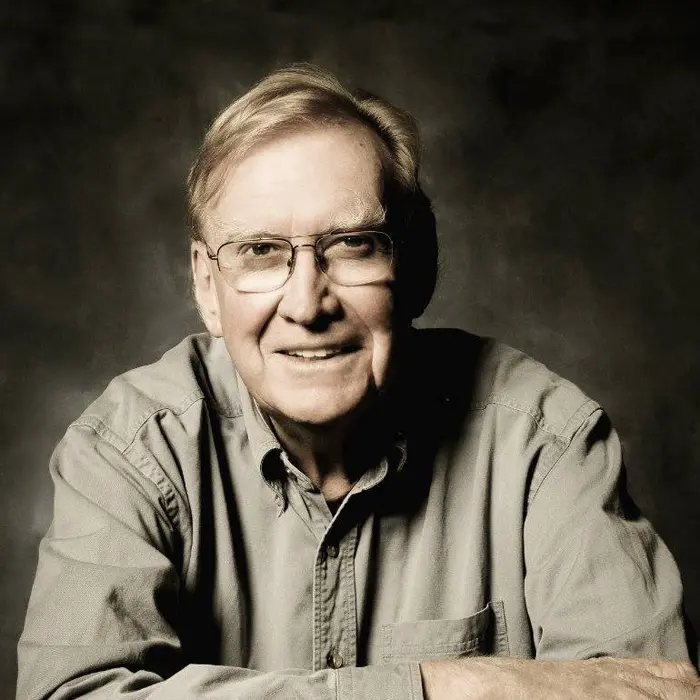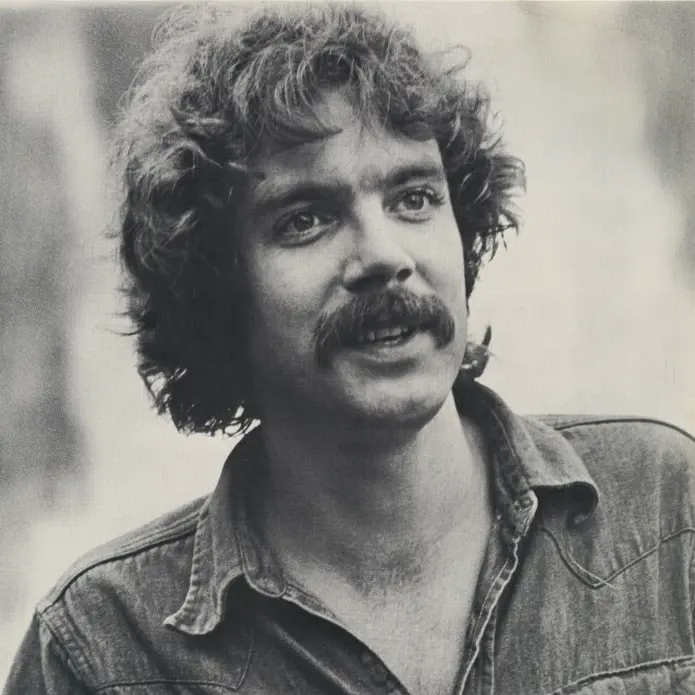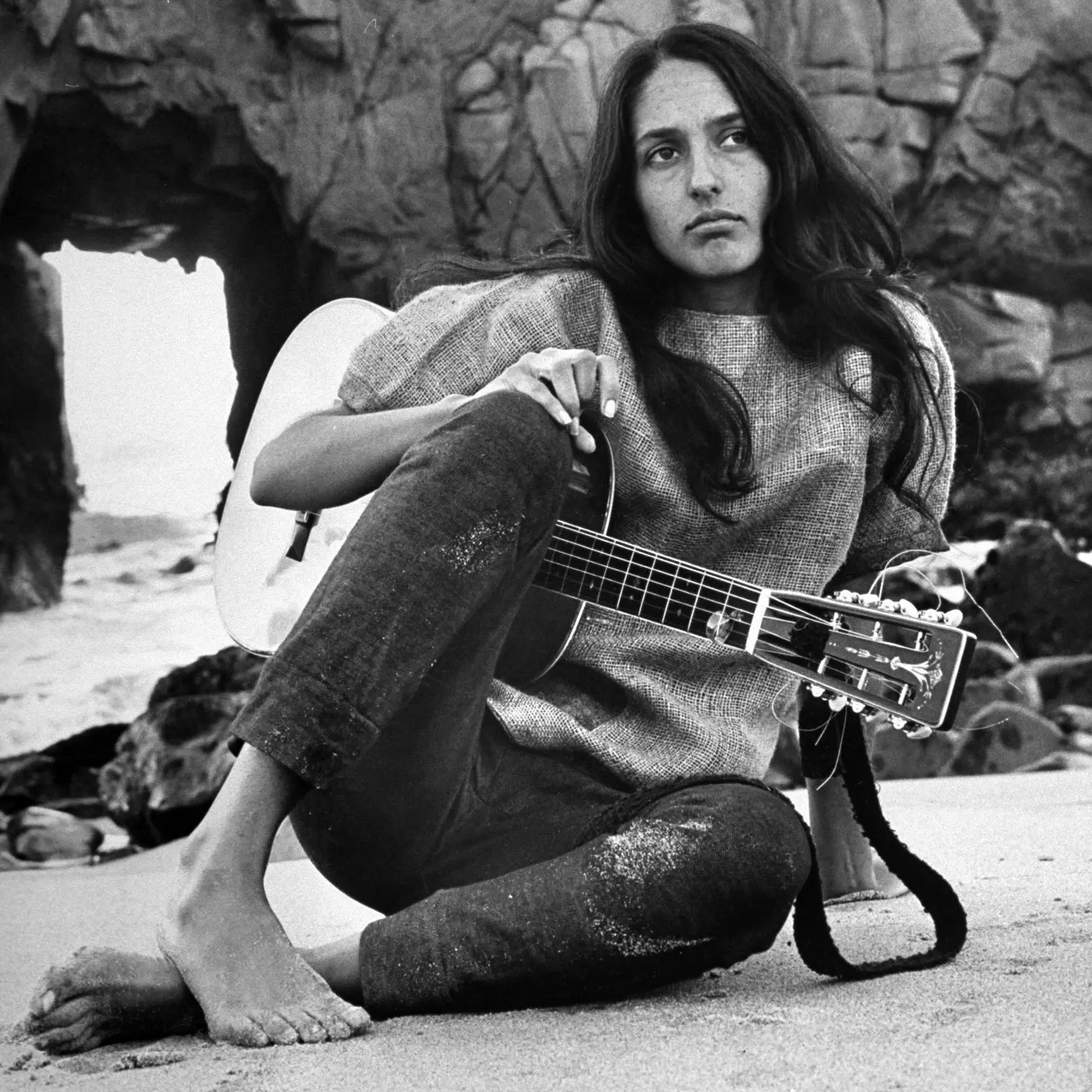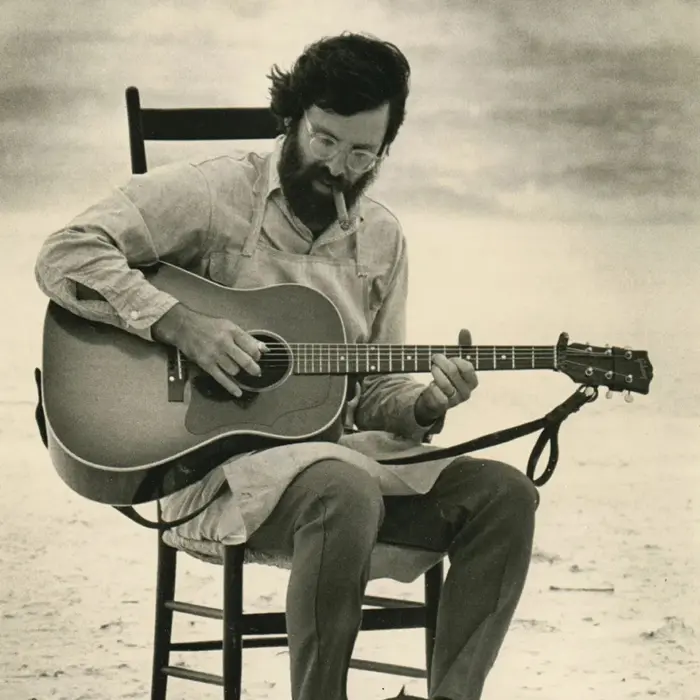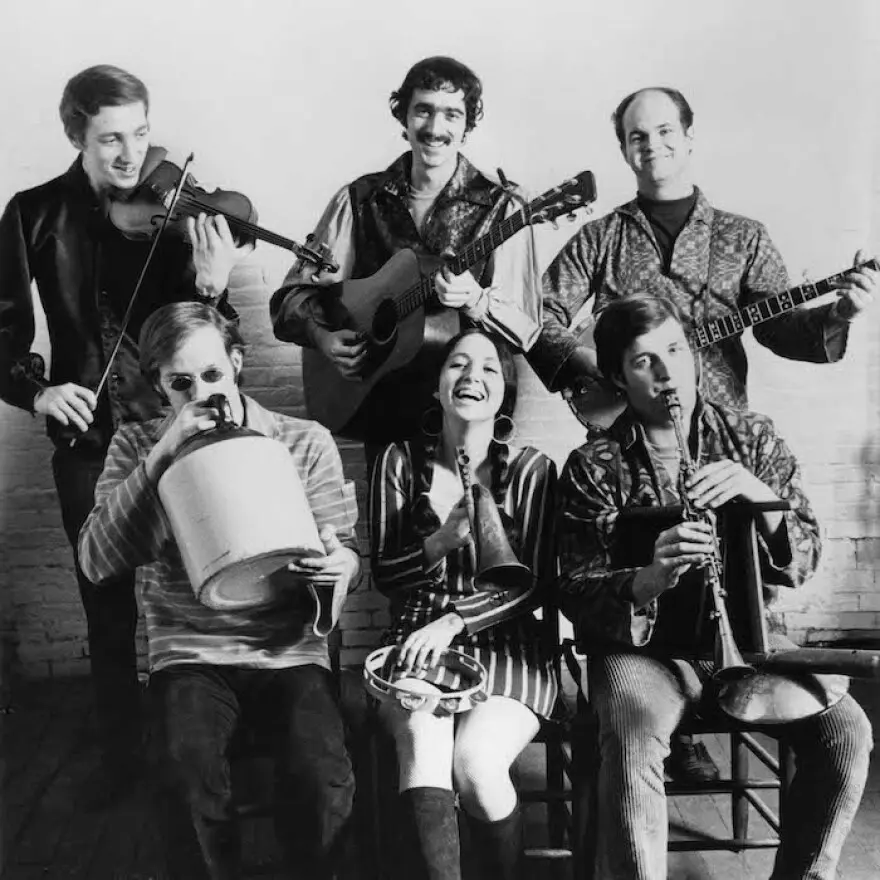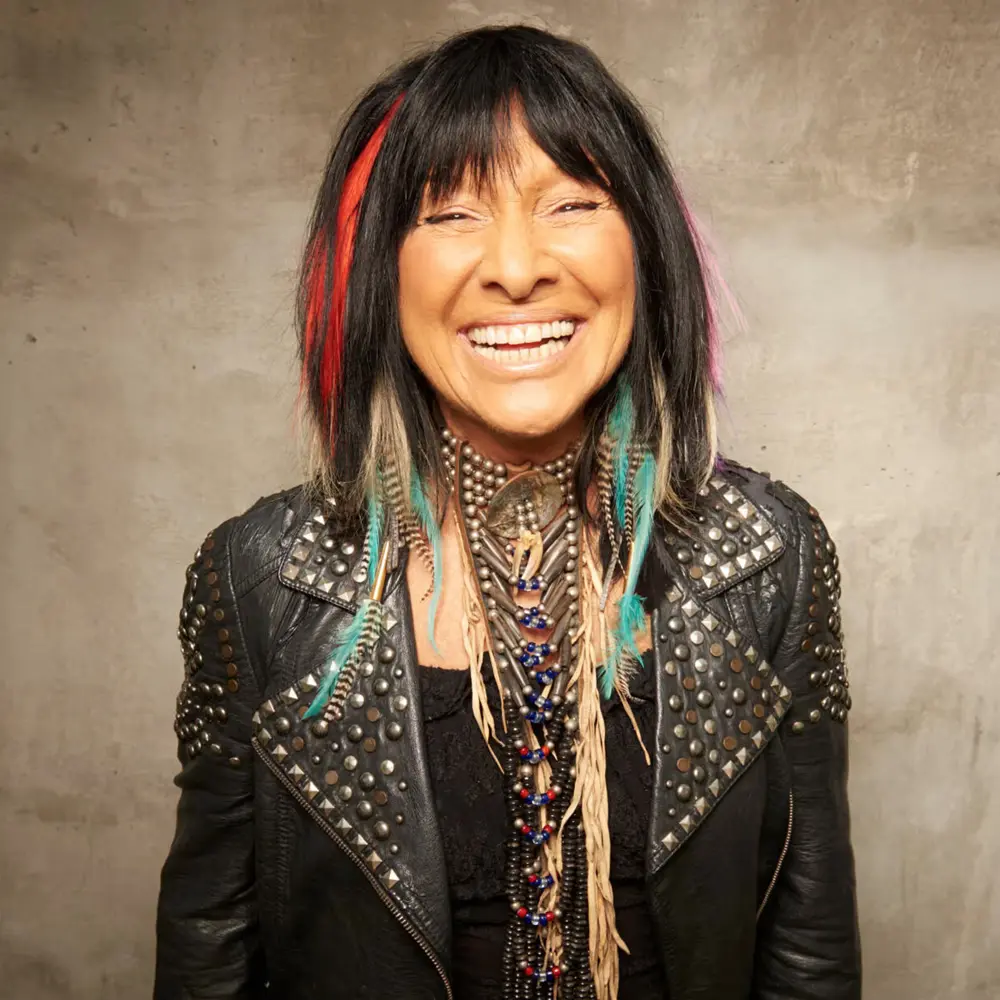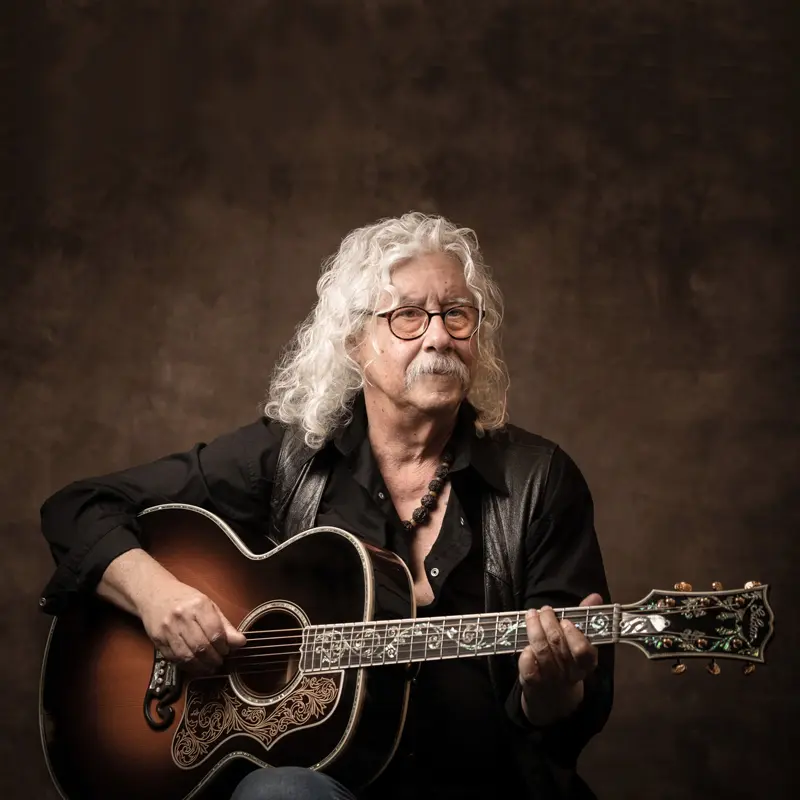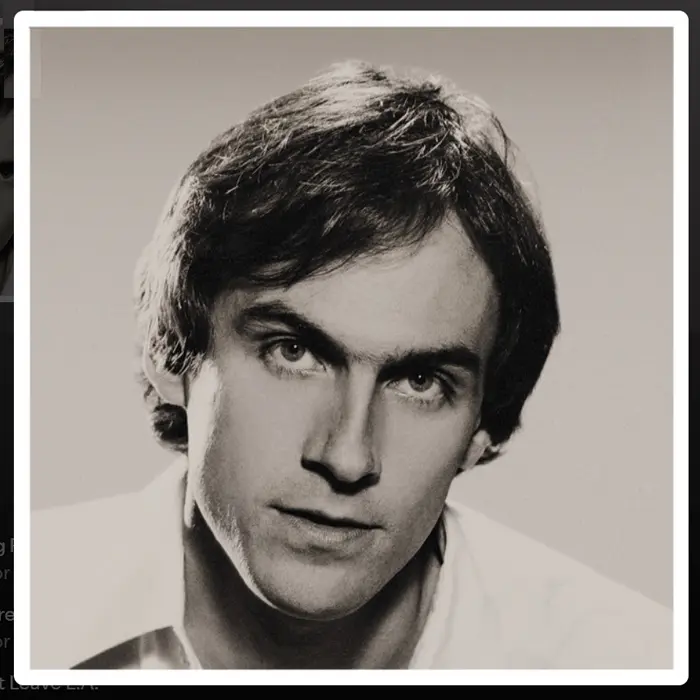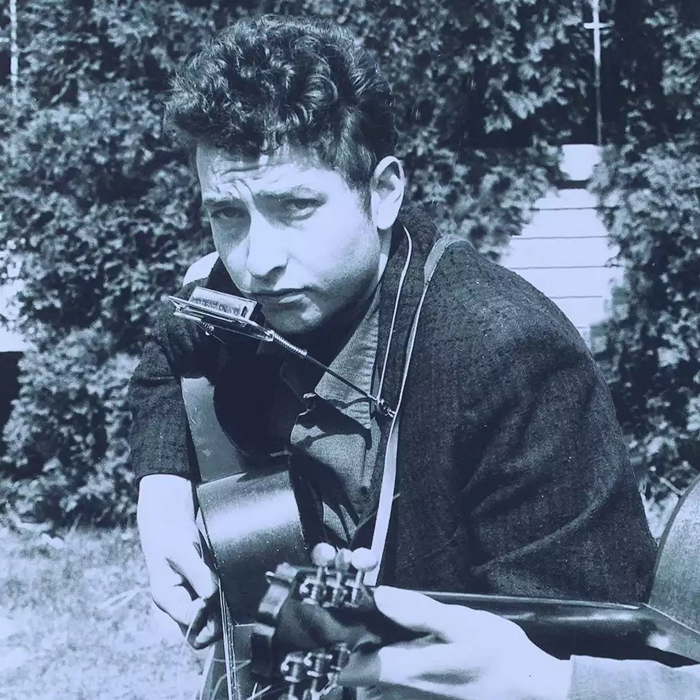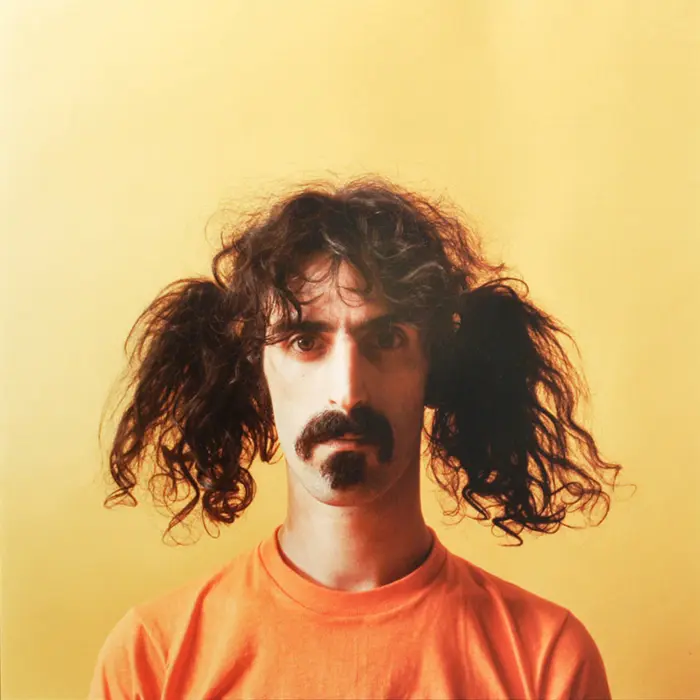The Highwaymen
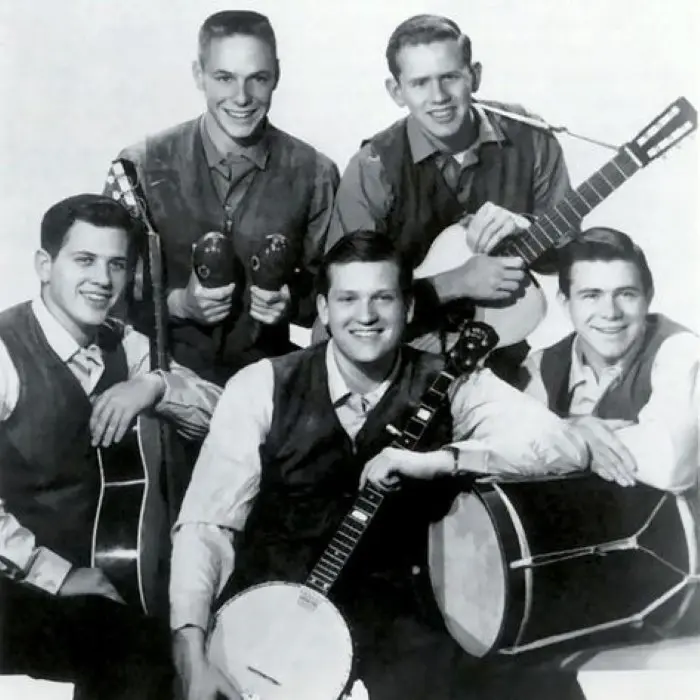
While Berklee College of Music and New England Conservatory have produced countless numbers of influential musicians, composers, arrangers and producers, New England’s other prestigious academic institutions have produced more than their fair share. Examples include Rudy Vallée (Yale), Leonard Bernstein (Harvard), The Charles River Valley Boys (Harvard, Yale, MIT), George Wein (Boston University) and Jim Rooney (Amherst, Harvard).
And within that charmingly eclectic, extremely well-educated assembly are The Highwaymen, a folk quintet formed at Wesleyan University in Connecticut in 1958. More of a clean-cut hootenanny group like The Kingston Trio than consciousness-raising folk singers such as Woody Guthrie, Bob Dylan, Phil Ochs and Tom Rush, the band recorded several hit songs – including a #1 single in 1961 that’s still sung in choirs and around campfires today – and played a key role in the folk revival of the ‘60s with their ever-collegial style, nonconfrontational balladry and harmonic finesse.
FORMATION, FIRST DEMO, NAME CHANGE
Originally called The Clansmen – no, that was not a typo – the group was spearheaded by Dave Fisher, an ethnomusicology major who had sung lead in the New Haven-based doo-wop quintet The Academics, whose single “Too Good to be True” was the #1 song in Connecticut in 1957. Just two weeks after arriving at Wesleyan in September 1958, Fisher brought together four other freshman he’d met at a fraternity party – Providence native Bob Burnett, Steve Butts, Chan Daniels and guitarist Steve Trott – and the quintet started doing shows on-campus and playing local gigs.
In late 1958, producer Ken Greengrass, the group’s new manager, encouraged them to make a demo tape of all their songs – including a rendition of the African-American spiritual “Michael, Row the Boat Ashore” that they’d begun performing live – and change their name to avoid potential accusations of racism. They chose The Highwaymen after the romantic narrative “The Highwayman” by English poet Alfred Noyes (first published in 1906 in Scotland).
DEBUT ALBUM, “SANTIANO,” “MICHAEL”
In 1959, Greengrass’ strategy paid off when The Highwaymen signed with United Artists and recorded their eponymous debut album with producer Don Costa, a Boston native who had produced records for Paul Anka (and would produce Frank Sinatra’s classic Sinatra and Strings in 1962). In May 1960, the group played at the Indian Neck Folk Music Festival in Connecticut on a bill that included Joan Baez, Jim Kweskin, Jackie Washington and Eric von Schmidt, but even that wasn’t enough to help the sales of their first LP. When UA released it in September, it sold dismally, as did the single, a rousing singalong called “Santiano,” and its soon-to-be-famous B-side, “Michael” (the simplified title of the band’s rendition of “Michael, Row the Boat Ashore”).
The Highwaymen’s apparent demise was thwarted, however, in large part due to the persistence of Edward “Big Ed” Dinello, an independent record distributor from Connecticut who saw potential in “Michael” and persuaded fellow distributors to promote it and local disc jockeys to spin it regularly. By July 1961, the track was a hit across New England and in September – exactly one year after its release – it reached #1 in the Billboard Hot 100, #1 in the UK and #4 in Germany. In October, the group’s virtually forgotten debut album went to #42 in the Billboard 200, making The Highwaymen major recording stars while still in their senior year at Wesleyan.
STANDING ROOM ONLY, ENCORE, MARCH ON, BROTHERS
In late 1961, UA released the band’s second album, Standing Room Only. Their rendition of the ballad “The Gypsy Rover” reached #12 in the Billboard Adult Contemporary chart and a sublimely harmonized rendition of the little-known Lead Belly song “Cotton Fields” reached #3. The Beach Boys recorded the song for their 1969 album 20/20 and Creedence Clearwater Revival included on their debut LP that same year.
In early 1962, the band appeared on The Ed Sullivan Show and recorded a third album, Encore, but the singles failed to chart. A long period of lineup changes began, beginning with Steve Trott leaving, replaced by former Cumberland Three member Gil Robbins, and Burnett departing to spend one year in the military, which left the band a quartet until his return in late 1963. In late 1962, UA released the group’s fourth album, March On, Brothers, which sold poorly and failed to produce a charting single, but the group landed a regular gig at the Gaslight Café in Greenwich Village and made New York their new home base.
HOOTENANNY WITH THE HIGHWAYMEN, ONE MORE TIME, OTHER 1960S ALBUMS
In November 1962, the Highwaymen appeared on The Tonight Show with its new host, Johnny Carson, and in 1963 they recorded the live album Hootenanny with the Highwaymen. They followed with the studio LP One More Time, which included covers of Buffy Saint-Marie’s “Universal Soldier” and “The First Time Ever I Saw Your Face,” written by Ewan McColl and Peggy Seeger. In October 1963 they played a show at Kresge Auditorium on the MIT campus which was released in 2009 as The Cambridge Tapes.
In early 1964, the group recorded another live album, Homecoming!, on the Wesleyan campus and that summer they recorded their final United Artist album, The Spirit and the Flesh. In 1965, ABC-Paramount released their next two albums, The Highwaymen on a New Road and Stop! Look! & Listen! In April 1967, the group played at The American Festival of Music at the Commonwealth Armory in Boston with Arlo Guthrie, Pete Seeger, Dave Van Ronk, Tom Paxton, Muddy Waters, John Lee Hooker, Chuck Berry, Sonny Terry & Brownie McGhee, The Jefferson Airplane and The Mothers of Invention.
1970S – 2000S ALBUMS, APPEARANCES
Throughout the 1970s, several iterations of The Highwaymen reunited and in 1974 Fisher, Trott and Daniels appeared at The Great Folk Festival, broadcast on ABC. After Daniels passed away in August 1975, the surviving members played two concerts at Wesleyan in 1987, recorded for their self-released LP 25th Reunion Concert, which includes their rendition of James Taylor‘s “Sweet Baby James.” Throughout the 1990s, the band performed semi-regularly, including on a 1990 double bill with country supergroup The Highwaymen – Willy Nelson, Waylon Jennings, Kris Kristofferson and Johnny Cash – as part of a legal settlement over rights to the name “Highwaymen.”
In the early 2000s, until Fisher died in 2010 (followed by Burnett in 2011), the group performed about a dozen shows per year. They recorded their final studio album, The Water Of Life: A Celtic Collection (2004), on the Varèse Sarabande label and self-released two live LPs, In Concert (2002) and When the Village Was Green (2007), the latter recorded at the Blackstone River Theatre in Cumberland, Rhode Island. Original Highwaymen Dave Fisher, Bob Burnett, Steve Butt and Steve Trott appeared together for the last time in August 2009 in Great Barrington, Massachusetts, at The Guthrie Center, founded by Arlo Guthrie in 1991.
(by D.S. Monahan)

